Our Location
Islamabad, Pakistan
The respective article includes Some interesting facts about our human body. Let’s have a look at it.
Human beings are arguably the most complex organisms on this earth. Imagine billions of bitsy corridors, each with its own identity, working together in a systematized manner for the benefit of the aggregate being.
The human body is an exquisitely built living wonder. It has 37 trillion cells in its intricate network, all of which function in perfect harmony. Over three billion beats are regulated by the heart throughout a lifetime, and our nose recognizes a trillion odors, adding to our rich sensory experience.
Our bodies are incredibly amazing works of nature. Here are some interesting facts about our human body. Let’s have a look at it.

Did you know that your mouth is a saliva-producing marvel? Every day, it manages to churn out approximately one liter of saliva. This watery wonder isn’t just for helping with digestion; it also plays a vital role in keeping your mouth healthy.
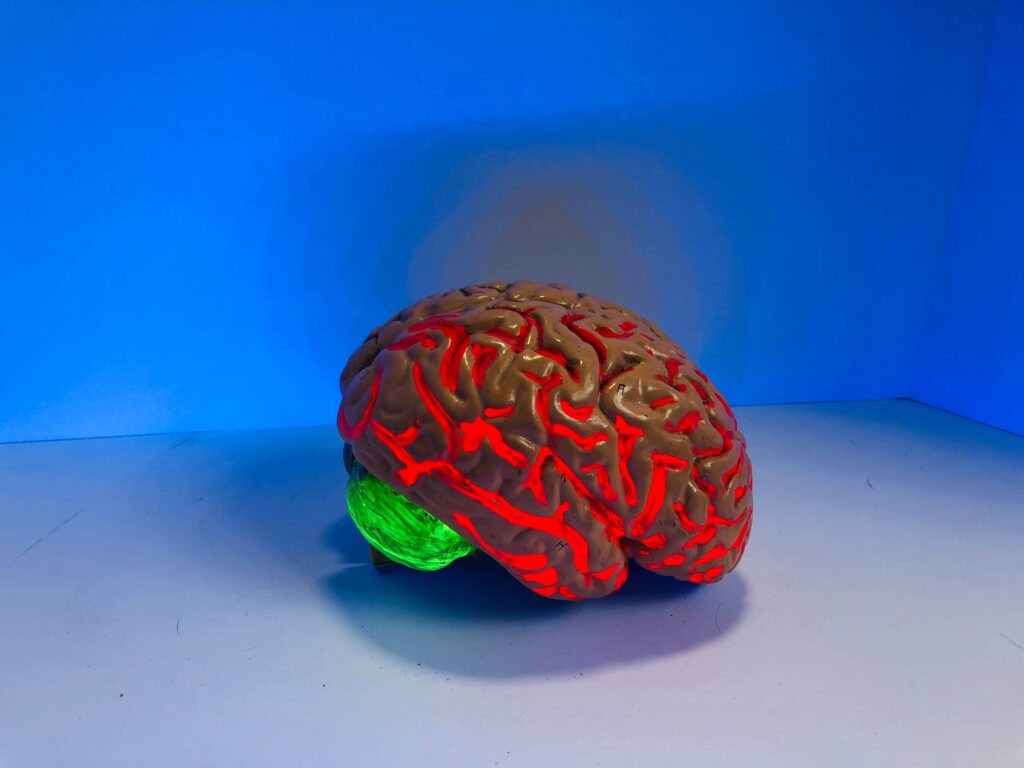
While you’re catching those Zs, your brain is anything but lazy. It can be even more active during sleep than when you’re awake! It’s a time when your brain is busy with essential tasks like processing memories and repairing itself. So, the next time you’re snoozing, just remember – your brain is hard at work, even if you’re not.
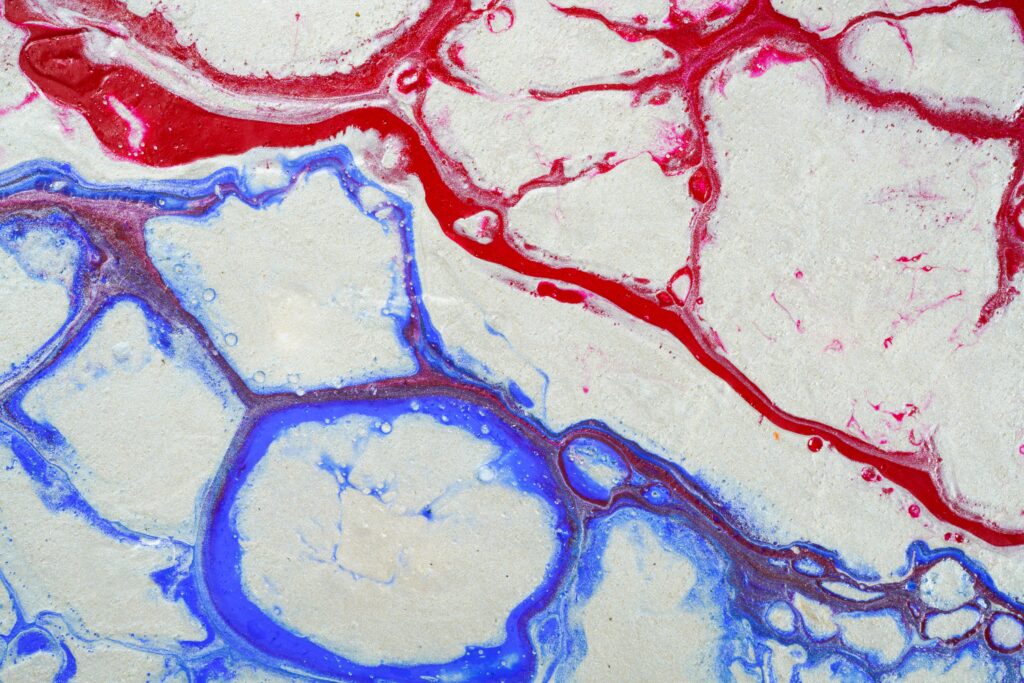
If you were to lay out all the blood vessels in an adult’s body end to end, the astonishing result would be long enough to circle Earth’s equator not once, not twice, but an incredible four times! Our circulatory system is a vast network of vessels that ensures the life-sustaining flow of blood throughout the body.

The word “muscle” has an interesting origin. It comes from a Latin term that means “little mouse.” Why? The Ancient Romans thought the flexed bicep muscles resembled small mice. While our modern understanding of muscles has evolved, this quirky historical perspective gives us a glimpse into the creative ways people of the past interpreted the human body.

Believe it or not, your body emits a tiny amount of light, but it’s so faint that our eyes can’t perceive it. This subtle glow is a fascinating aspect of the human body, adding a touch of mystery to the way we perceive ourselves.

Your belly button is a bustling ecosystem! On average, a person’s navel is home to a whopping 67 different species of bacteria. It’s like a tiny microbial world right on your stomach, showcasing the diverse communities that coexist with us.

You regularly lose skin cells, did you know that? On average, you lose about 4 kilograms of skin cells every year. It may sound surprising, but this shedding is a natural part of your body’s renewal process, making way for new and healthy skin.

Babies are adorable, but they don’t shed tears right from the start. Newborns don’t produce tears until they’re at least one month old. So, those early cries are tear-free, and the watery expressions of emotion come a little later in a baby’s development.
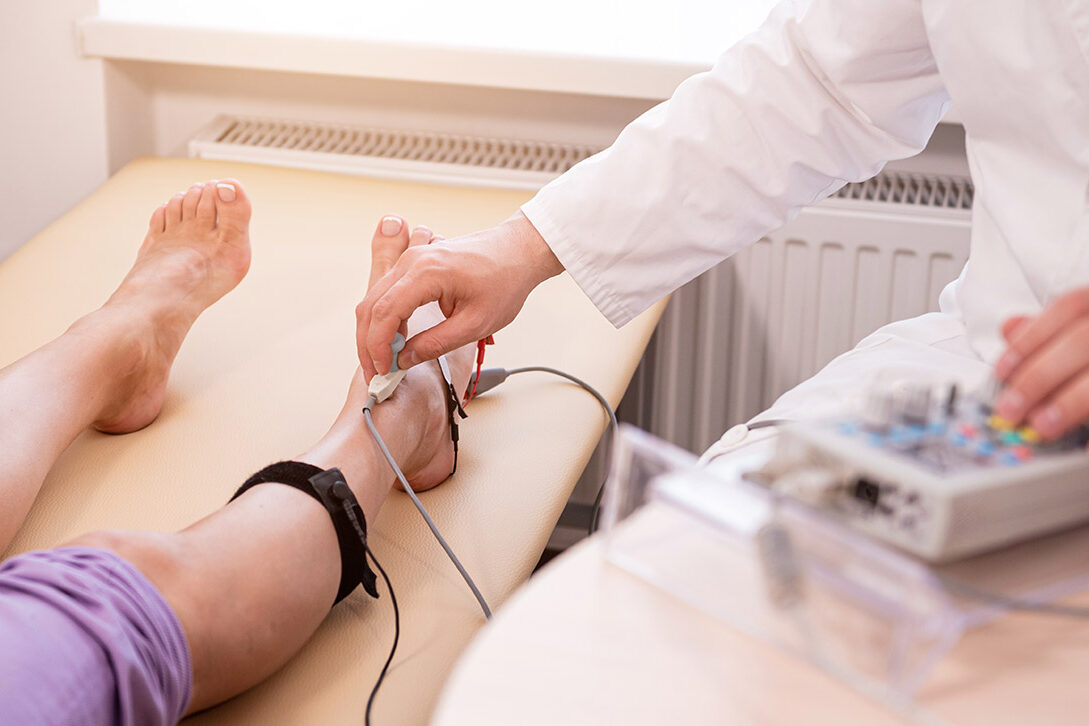
Zooming through your nerves at an astonishing speed of about 400 kilometers per hour is the transmission of information. This rapid pace allows your body to react swiftly to various stimuli, showcasing the remarkable efficiency of the nervous system.

The human heart is a tireless performer in the symphony of life. Throughout an average lifespan, it beats more than three billion times. Each beat is a testament to the heart’s incredible endurance and its vital role in sustaining the flow of life-giving blood throughout the body.
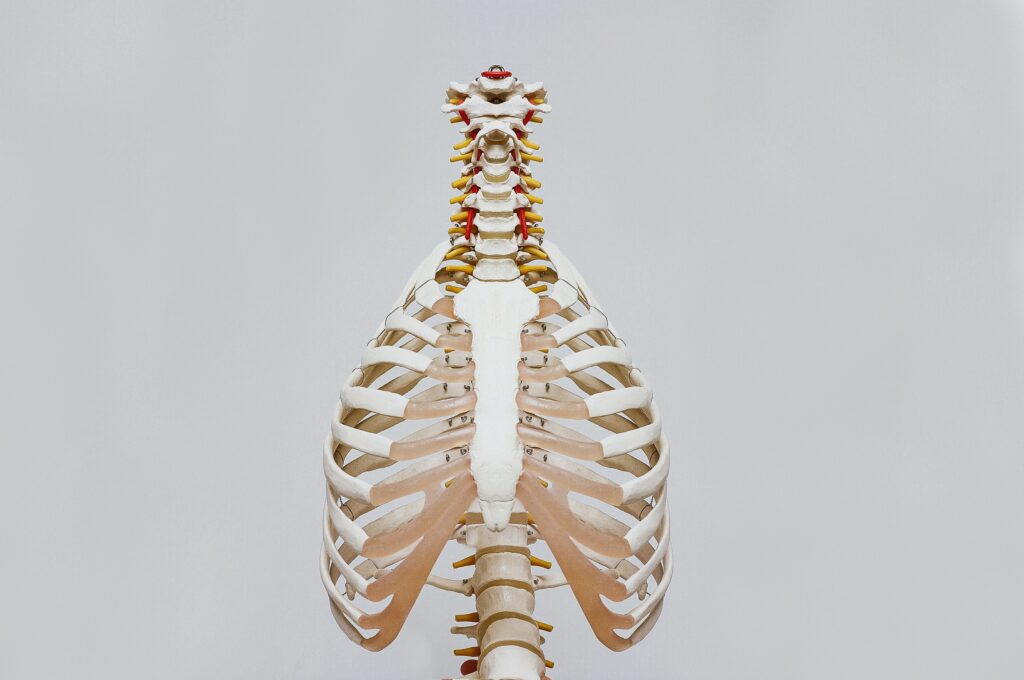
Breathing is a team effort, but did you know your left lung is a bit smaller? It’s about 10 percent smaller than its counterpart on the right. Despite this size difference, both lungs work together seamlessly to keep you breathing and your body supplied with oxygen.
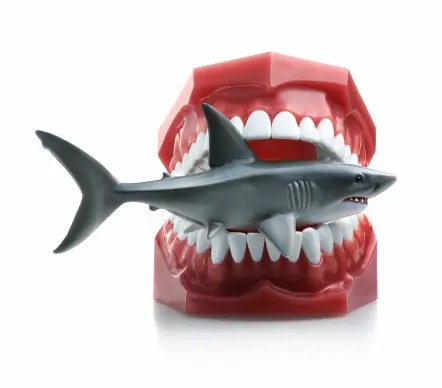
You wouldn’t believe how resilient your dazzling whites are. Human teeth are as strong as the teeth of sharks. So, while we might not be munching on prey like sharks, our teeth are well-equipped to handle the demands of a diverse and varied diet.
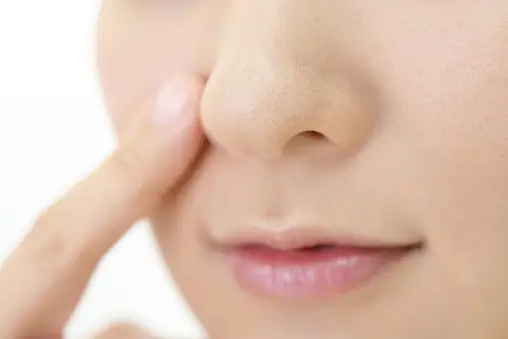
Your nose is a sensational powerhouse! Scientists estimate that it can recognize an astonishing trillion different scents. This incredible olfactory ability is a testament to the intricacies of the human sense of smell, allowing us to experience and distinguish an incredibly wide range of aromas.

In the vast tapestry of the animal kingdom, humans stand alone in the ability to blush. It’s a unique and sometimes involuntary response, often revealing our emotions or embarrassment. Blushing adds a touch of humanity to our expressions, showcasing the intricate interplay of emotions in our social interactions.

Blood Surprisingly, your blood makes up about eight percent of your body weight. This percentage emphasizes the significance of this liquid lifeline, delivering oxygen, and nutrients, and maintaining the balance essential for our well-being.is the life force coursing through our veins, and it is necessary to maintain the health of our bodies.
The most energy-intensive organ in the human body is the brain, which weighs around three pounds and exemplifies the incredible complexity and strength of our cognitive powers.
Our bodies are remarkable machines capable of intricate and adaptive movements. These traits’ amazing synthesis draws attention to how efficiently and beautifully designed the human form is.
1. The human body emits a faint light unnoticeable to the naked eye.
2. You lose about 4 kg of skin cells every time.
3. Babies don’t exfoliate gashes until they’re at least one month old.
4. Scientists estimate that the nose can fete a trillion different scents.
5. Laid end to end, a grown-up’s blood vessels could circle Earth’s ambit four times.
Our bodies are full of fantastic stuff and surprises, like a very cool journey. Every component, from the tiniest cells to the largest, most powerful muscles, has a unique function in maintaining our overall well-being. Give your body some gratitude for being such a wonderful mechanism; it truly is.
Images used from Unsplash